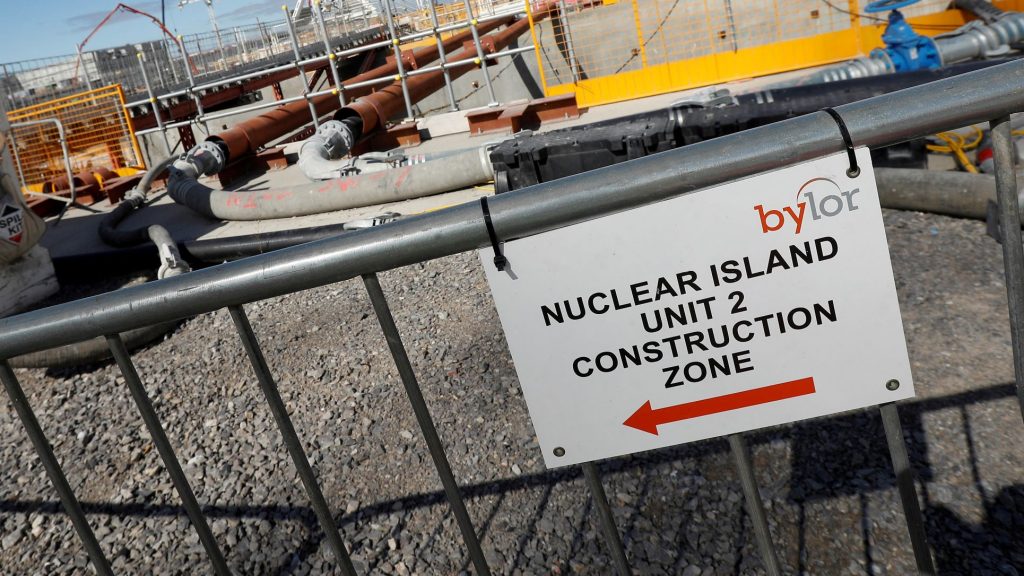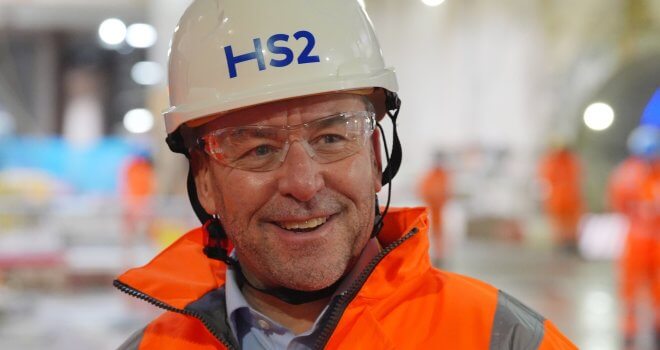UK Launches Competition To Support Small Nuclear Reactors

British finance minister Jeremy Hunt said he would boost investment in nuclear power by launching a competition for small modular reactors (SMRs), such as those being developed by Rolls-Royce, and funding if the technology proved to be viable.
Britain aims to replace its ageing nuclear power stations as all but one of the plants, which generate around 13% of the country’s electricity, are due to close by 2030.
Large-scale nuclear projects with huge up-front costs have struggled to attract investment, putting the focus on smaller, cheaper reactors.
“I am launching the first competition for Small Modular Reactors,” Hunt said in his budget statement on Wednesday.
“It will be completed by the end of this year and if demonstrated to be viable we will co-fund this exciting new technology.”
Britain previously announced a competition for SMRs in the 2015 Autumn Statement with the first phase opening in 2016 and attracting interest from 33 eligible parties.
It closed in 2017 without moving beyond the initial, information gathering first stage.
Last year the government committed 210 million pounds to Rolls-Royce for its 500-million pound SMR programme which could see the company open factories to build the reactors in Britain.
“Rolls-Royce SMR has called for rapid progress from the Government and we welcome the adoption of that principle in this process,” Tom Samson CEO of Rolls-Royce SMR said in a statement.
In the budget, Hunt also said he would consult on classing nuclear power as “environmentally sustainable” to encourage more private investment into the sector.
(Reporting by David Milliken, Paul Sandle and Susanna Twidale; Editing by Kate Holton, Elaine Hardcastle)




